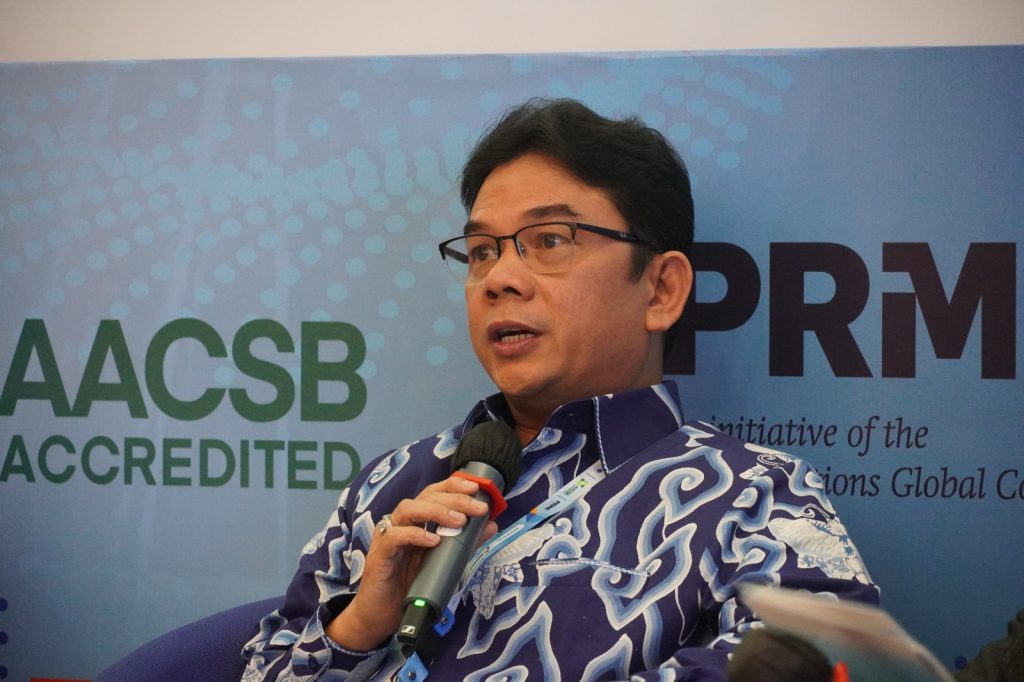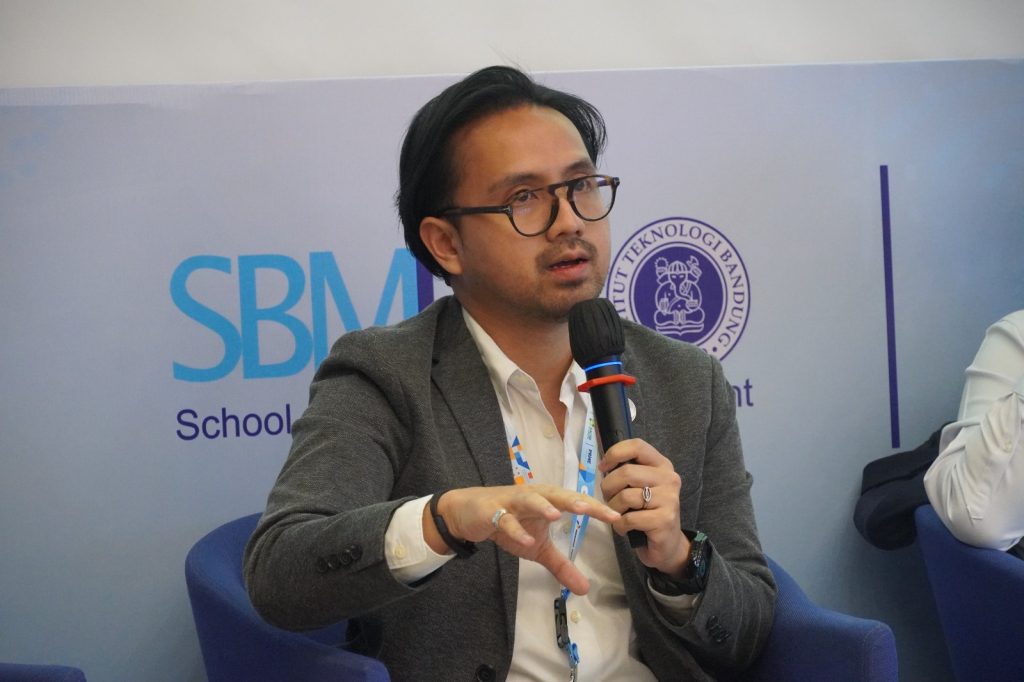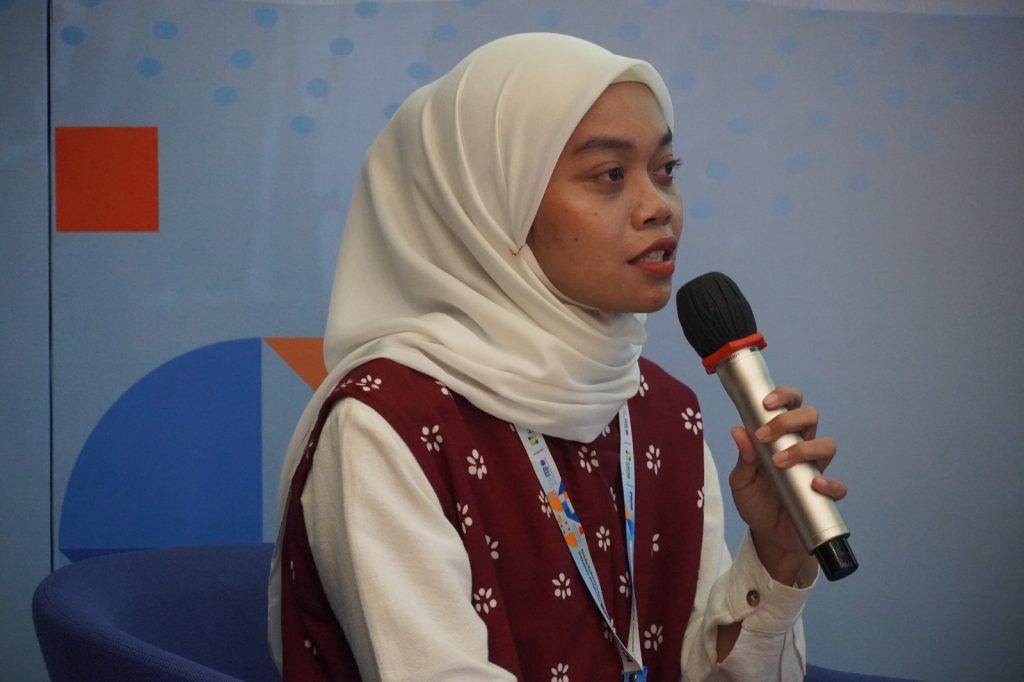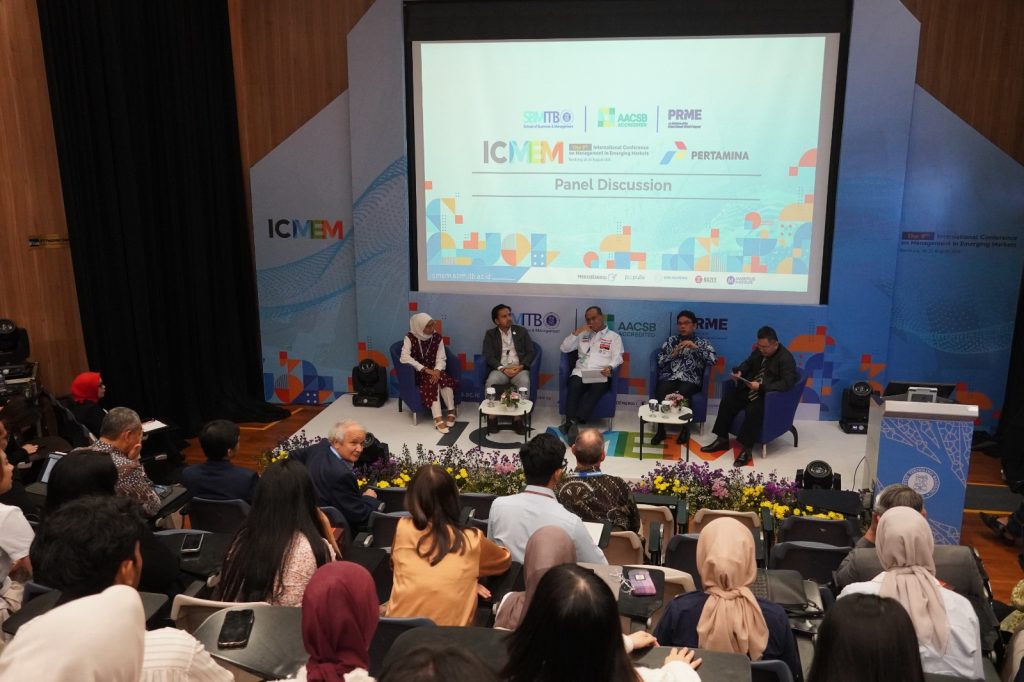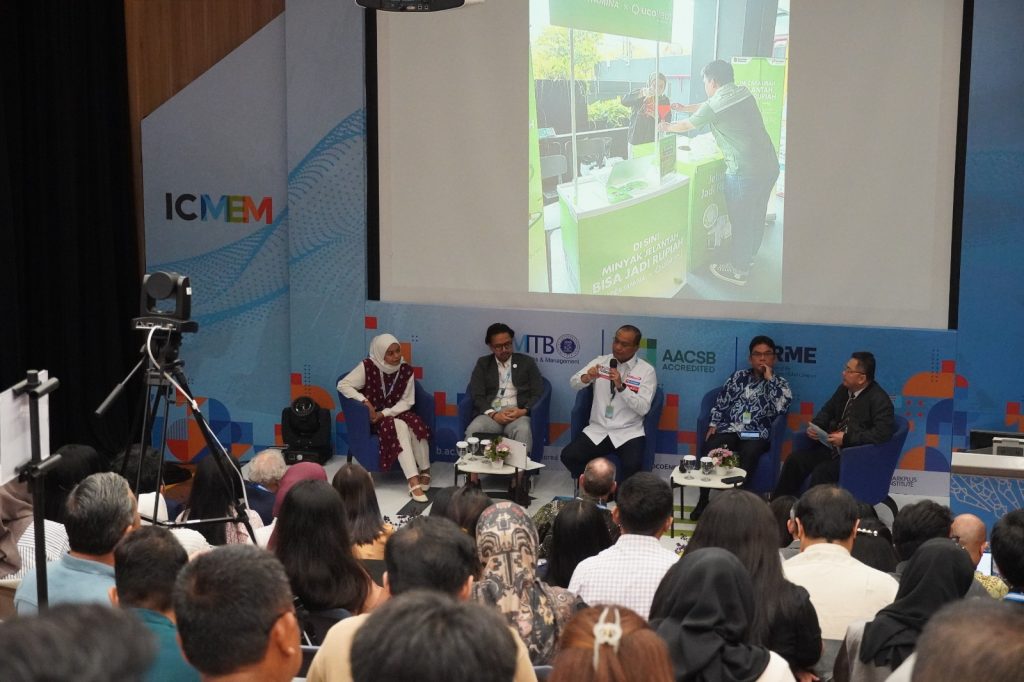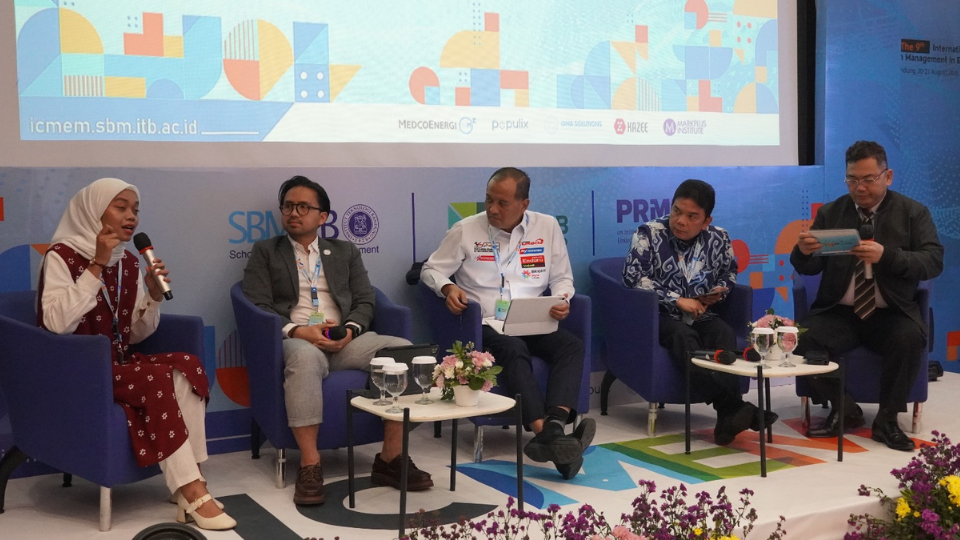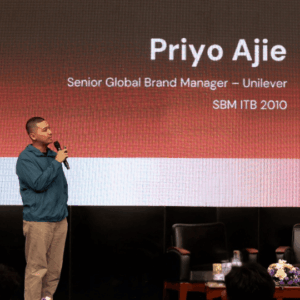Indonesian industry players are making significant efforts to develop their sectors sustainably. Companies ranging from Pertamina in the energy sector to Bobobox in the hospitality industry are focusing on these initiatives, which require collaboration among the government, business leaders, and the central bank.
During a panel discussion on the sustainability of Indonesian industry at the 2025 International Conference on Management in Emerging Markets (ICMEM), held by the SBM ITB in Bandung on August 21st, Agung Wicaksono, Director of Business Transformation and Sustainability at PT Pertamina (Persero), highlighted the importance of large companies like Pertamina adopting a dual strategy. This strategy involves functioning as both a state-owned energy company and a business entity.
According to Agung, Pertamina is striving to maximize its legacy business from upstream to downstream, both in oil and gas energy. Currently, Pertamina is transforming towards low-carbon energy. One focus is geothermal energy, developed through Pertamina Geothermal Energy (PGEO).
Agung stated that Pertamina is committed to collaborating with micro, small, and medium enterprises (MSMEs) to sustainably empower the local economy. For instance, Pertamina works with local startups to process used cooking oil into biofuel and utilizes geothermal steam to support small industries, such as coffee and mushroom production. Additionally, Pertamina has launched the Independent Energy Village Program, which encourages self-reliance by promoting solar and micro-hydro energy sources in several villages across Indonesia.
Meanwhile, Bobobox COO Bayu Ramadhan explained how hospitality businesses can integrate sustainability principles by partnering with local MSMEs for food provision, tourism activities, and operational needs. He explained that more than 50% of its employees are residents. He explained that the main problem in the hospitality business stems from government regulations and the perception that sustainable practices are always associated with high costs.
Social entrepreneur Tri Buana Desy Arianty has brought attention to significant social issues in her rural area of Magelang, where there are 2,000 reported cases of underage child marriage. She believes this problem stems from low levels of parental education and the economic struggles faced by families in the region.
In Magelang, Desy has successfully improved the livelihoods of women who create bamboo crafts. Previously, these women earned only Rp 1,000 for each basket they made. However, through the development of innovative, sustainable bamboo products, they are now able to earn a better income while also contributing to the preservation of cultural heritage. For Desy, sustainability goes beyond environmental protection; it also encompasses the empowerment of people. She believes that only by empowering communities can we foster genuine change and enable ecosystems to thrive.
Bank Indonesia Senior Economist Muslimin Anwar added that the opportunities for sustainable industries in Indonesia remain significant, particularly by empowering more MSMEs. According to Anwar, Bank Indonesia is committed to supporting this through macroprudential policies, including a 30% credit requirement for MSMEs, a reduction in reserve requirements, and the expansion of the QRIS digital payment system, which is now used by more than 57 million users and 39 million merchants. In fact, QRIS can be used across countries such as Malaysia, Singapore, Japan, and even China.
The ICMEM 2025 panel discussion emphasized that large companies, MSMEs, and social enterprises must work together to build sustainability. Pertamina is preparing for an energy transition, Bobobox is showcasing a circular economy model, and Desy is emphasizing the importance of community empowerment. Meanwhile, Bank Indonesia is developing policies to support the development of MSMEs. All are moving toward a common goal: achieving a green, inclusive, and sustainable economy for Indonesia.
